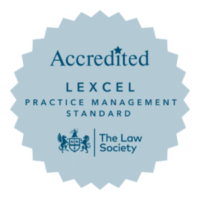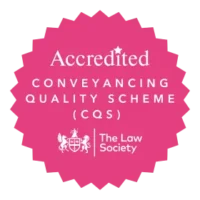Estates + Trusts: Planning for Later Life Care Fees
20th Aug 2024
Meeting the cost of care in later life is one of the biggest financial challenges many of us will face in our lifetime.
The first step on the care journey is an assessment to determine what type of care you need. When the type of care you need has been determined, you are subject to a financial assessment to determine what contribution, if any, you are required to pay towards your care. In England if you have capital assets exceeding £23,250 you will be required to pay for your care.
Understanding what “deprivation of assets” means and how it could impact what you pay for care is important to protect you and your loved ones from unexpected financial burdens.
What Is Deprivation of Assets?
Deliberate deprivation of assets occurs when someone intentionally reduces their wealth or removes it from the reach of the local authority to avoid paying a contribution towards social care services. This could involve transferring money, property, or other valuable assets to family members, or a trust, or selling them at a significantly reduced value. This can also include suddenly spending large amounts of money or using savings to buy valuable assets such as jewellery which are not considered in the care means test.
Local authorities have the power to investigate financial transactions if they believe an individual has intentionally reduced their assets to qualify for local authority-funded care. The local authority will consider whether your primary motivation for transferring assets was to avoid paying for care.
Legal Considerations
If a local authority determines that you have intentionally deprived yourself of assets, they can treat you as if you still own those assets when calculating your contribution towards care fees.
Unlike the “seven-year rule” for Inheritance Tax gifting, there is no clear cut off point for deliberate deprivation of assets.
To avoid these issues, it is crucial to plan ahead and seek legal advice.
We are here to help you
At Thatcher + Hallam we have an experienced and friendly team and pride ourselves on offering an empathetic and personal approach.
For further information or to arrange an appointment to discuss an Estate or Trust matter please contact our Probate team by calling on 01761 414 646 or emailing us on enquiries@th-law.co.uk or contacting us through our website.
Related news
Articles you may find useful
Like this article? Sign up for our regular newsletters






